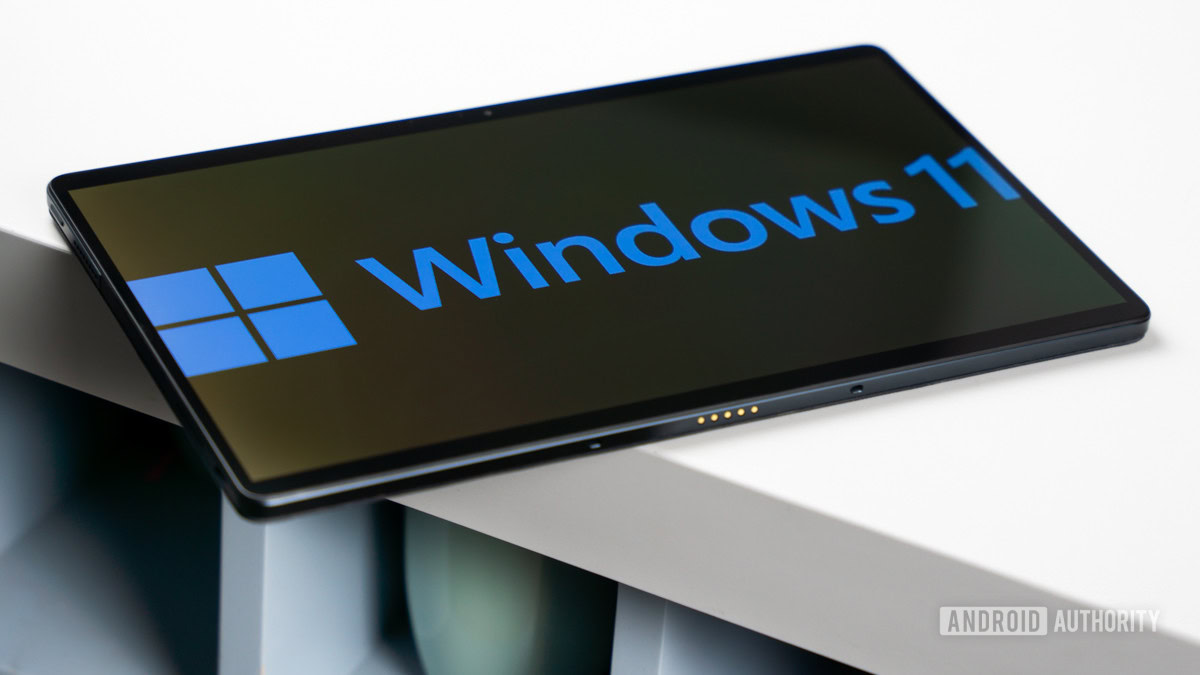Affiliate links on Android Authority may earn us a commission. Learn more.
Microsoft optimizes Windows 11 for the AI and Arm era

- Microsoft has updated core components of Windows 11 to improve its support of Arm-based hardware and AI.
- Windows 11 contains a new emulator called “Prism” for running x86 and x64 apps.
- There are new AI APIs built directly into the OS.
Google isn’t the only tech giant in the process of remodeling its business to center around AI. Microsoft is hard at work doing the same and has retooled Windows 11 to better support its AI (Copilot) and Arm-based hardware.
During its live event today, Microsoft debuted two new Arm-based computing devices. Along with the announcement, the company revealed that it has rebuilt Windows 11 with AI and Arm in mind. Although Microsoft has had a shaky history with Arm since the launch of Surface with Windows RT in 2012, things could hopefully get better now.
Core components of the OS have now been adjusted to improve how Windows interacts with the architecture. Specifically, Microsoft gave Windows 11 a new kernel, compiler, and emulator (called Prism) for running x86 and x64 apps.
Additionally, the firm says that it has made changes to the OS’s schedulers so it will take advantage of Arm’s capabilities, as well as AI workloads. There’s also a new compute model, so Windows now recognizes neural processing units (NPUs) like it would CPUs and GPUs. If that wasn’t enough, Microsoft said it has also added AI APIs into the OS.
The newly announced notebook and 2-in-1 will be powered by Qualcomm’s Snapdragon X Elite, which features NPUs capable of running 45 trillion operations per second (TOPS). Microsoft says this technology will be used for features like Recall, a feature that will allow a user to find what “you’ve seen on your PC using the clues you remember.” Another feature the company introduced is Live Captions, which translates audio coming out of your PC and provides live captions in English.